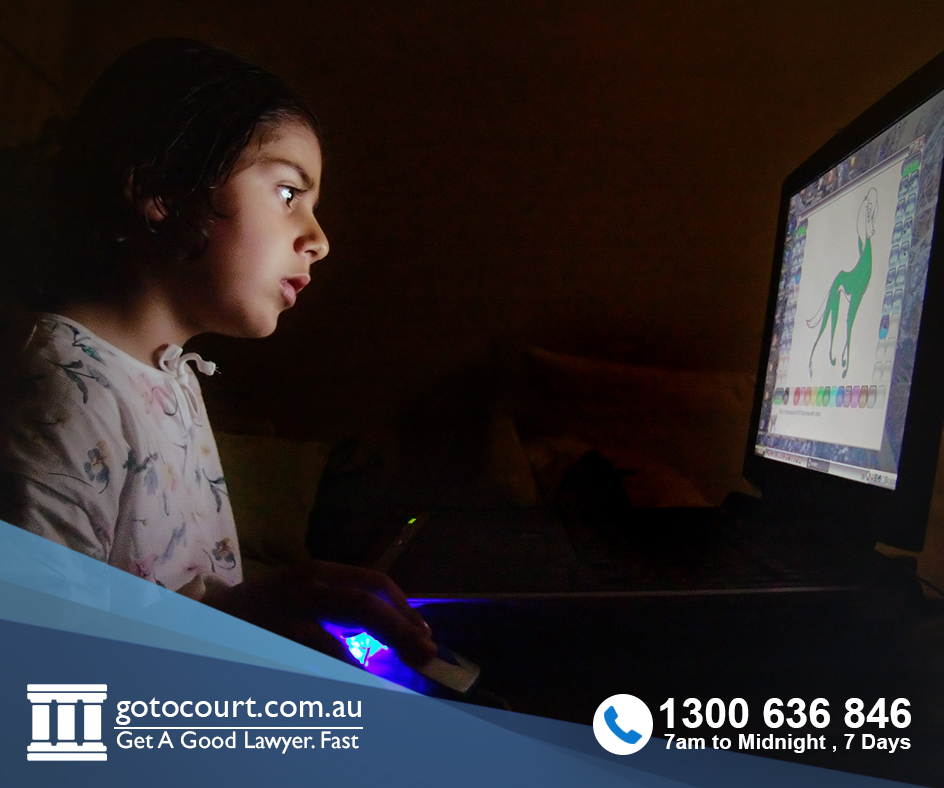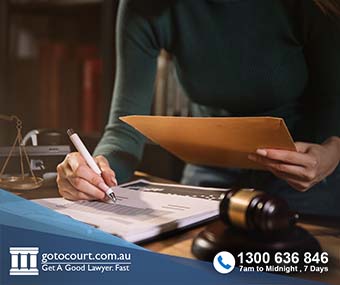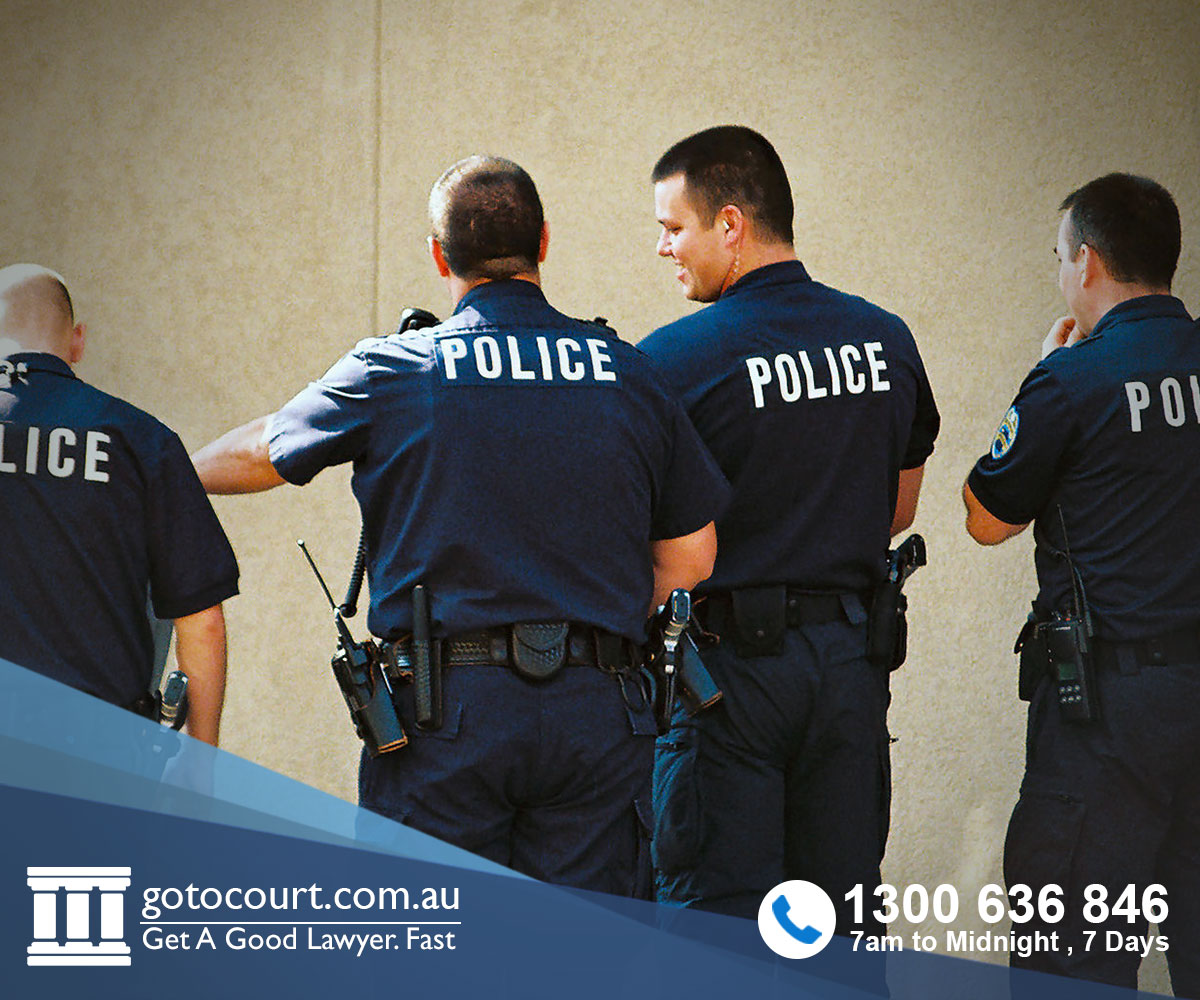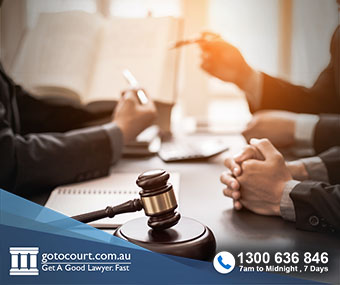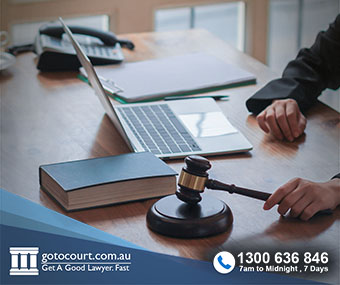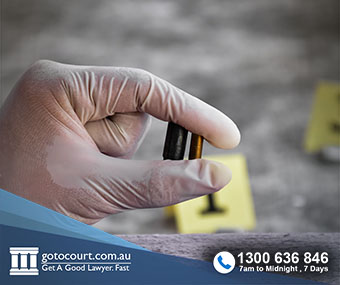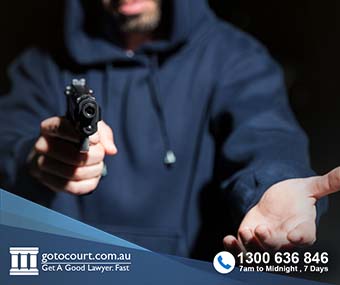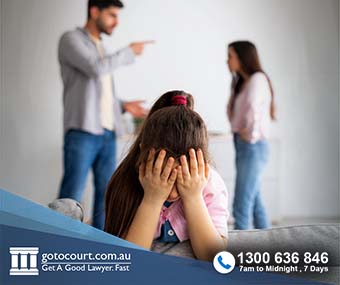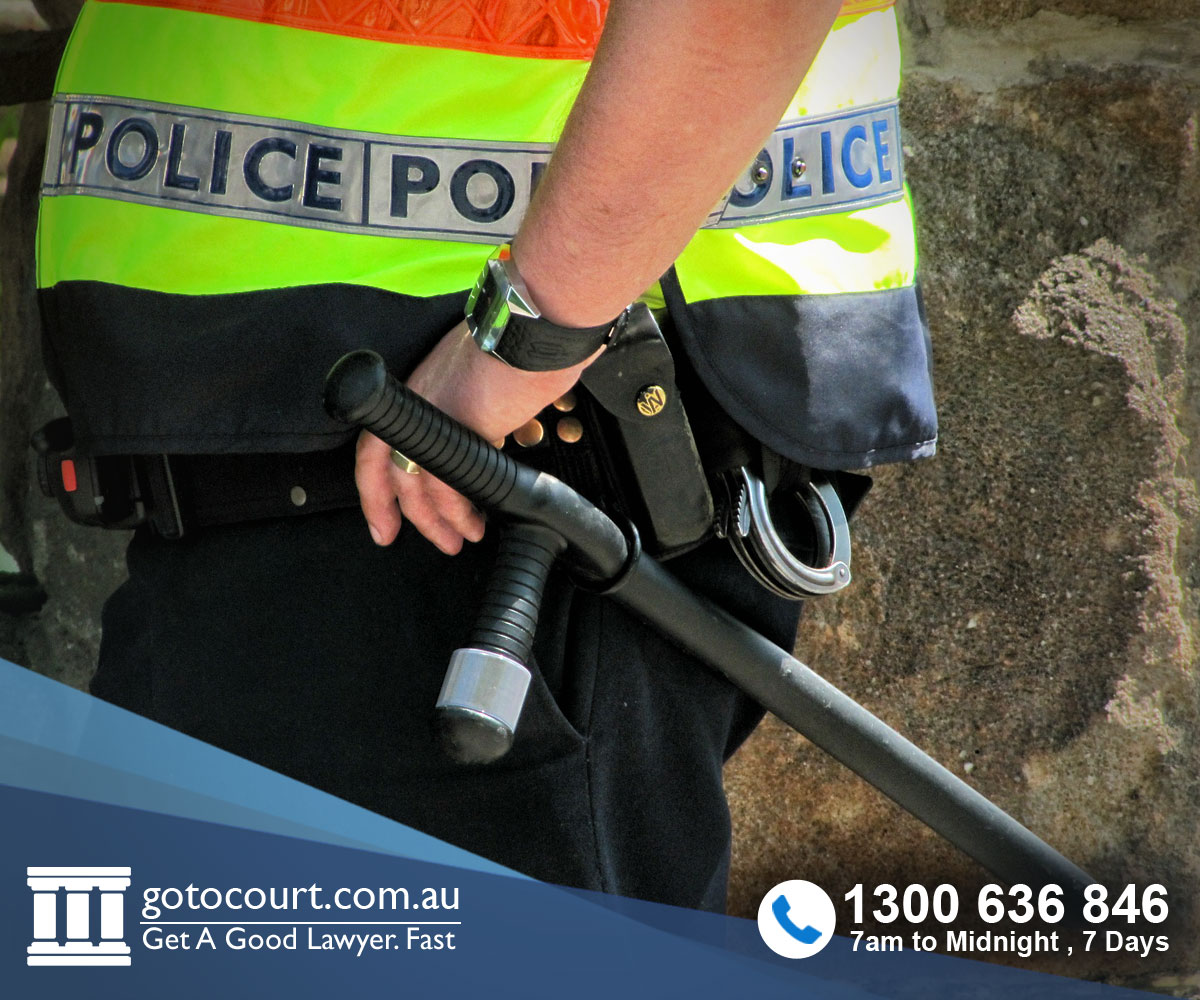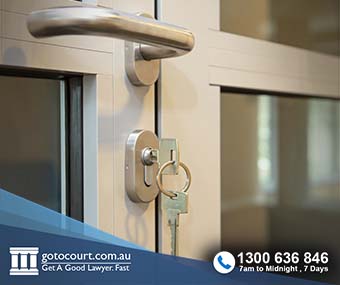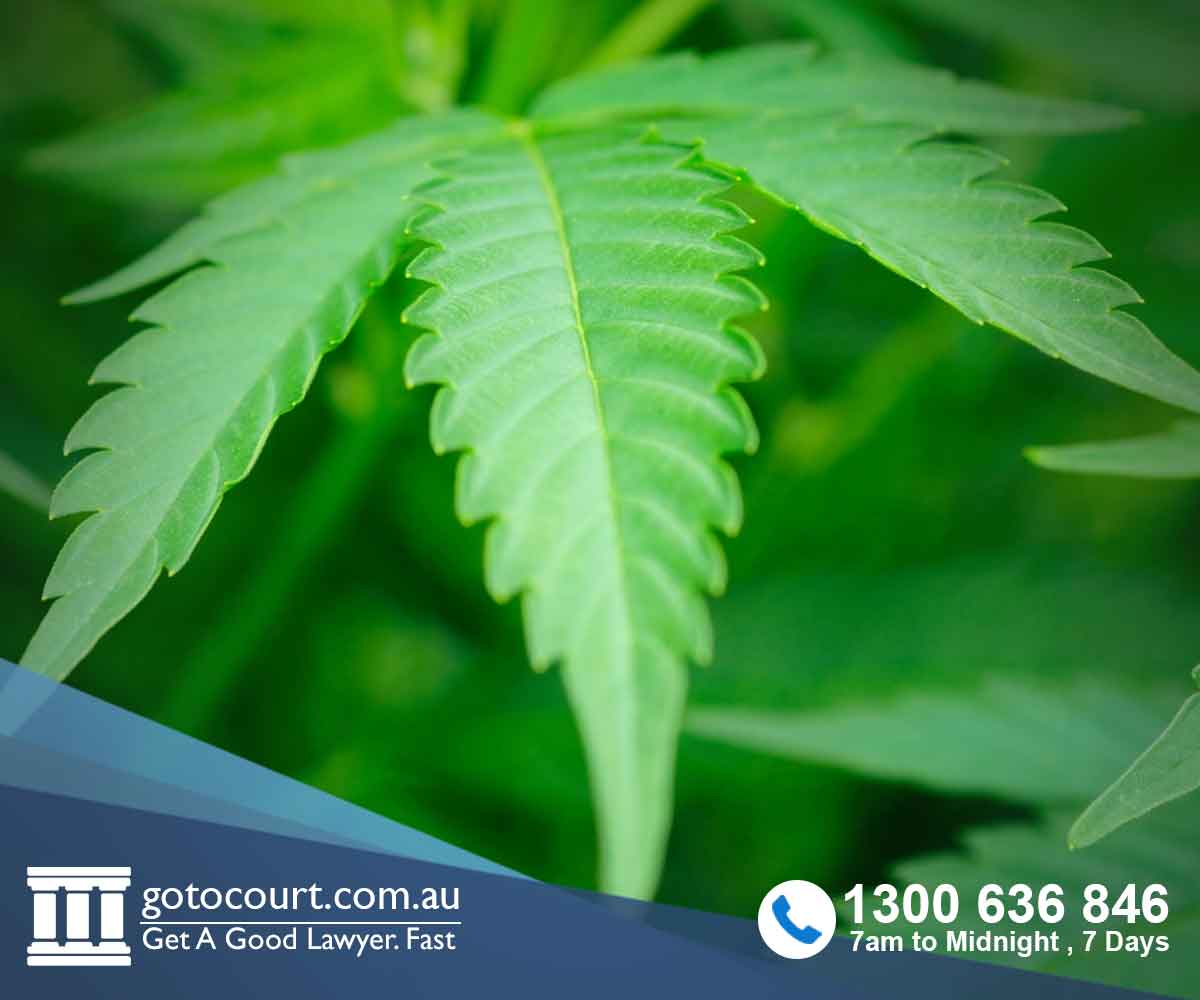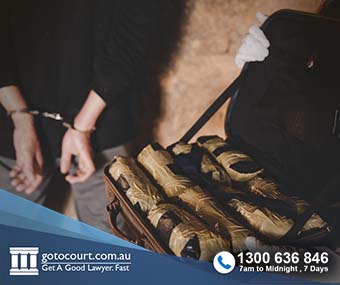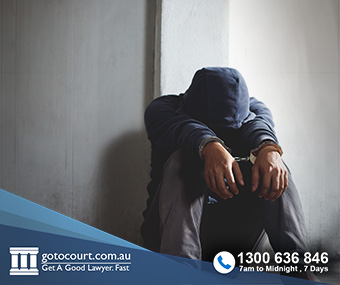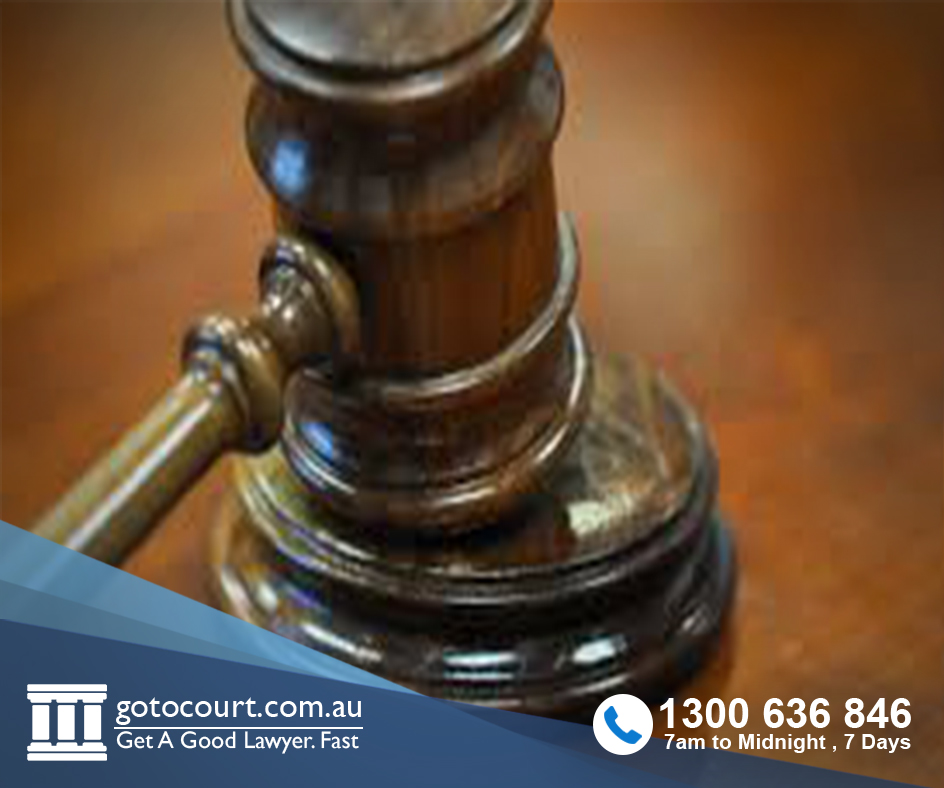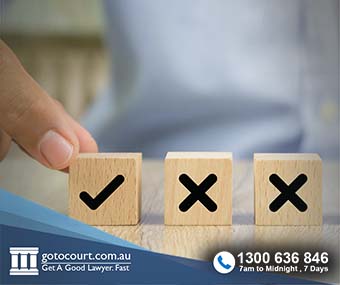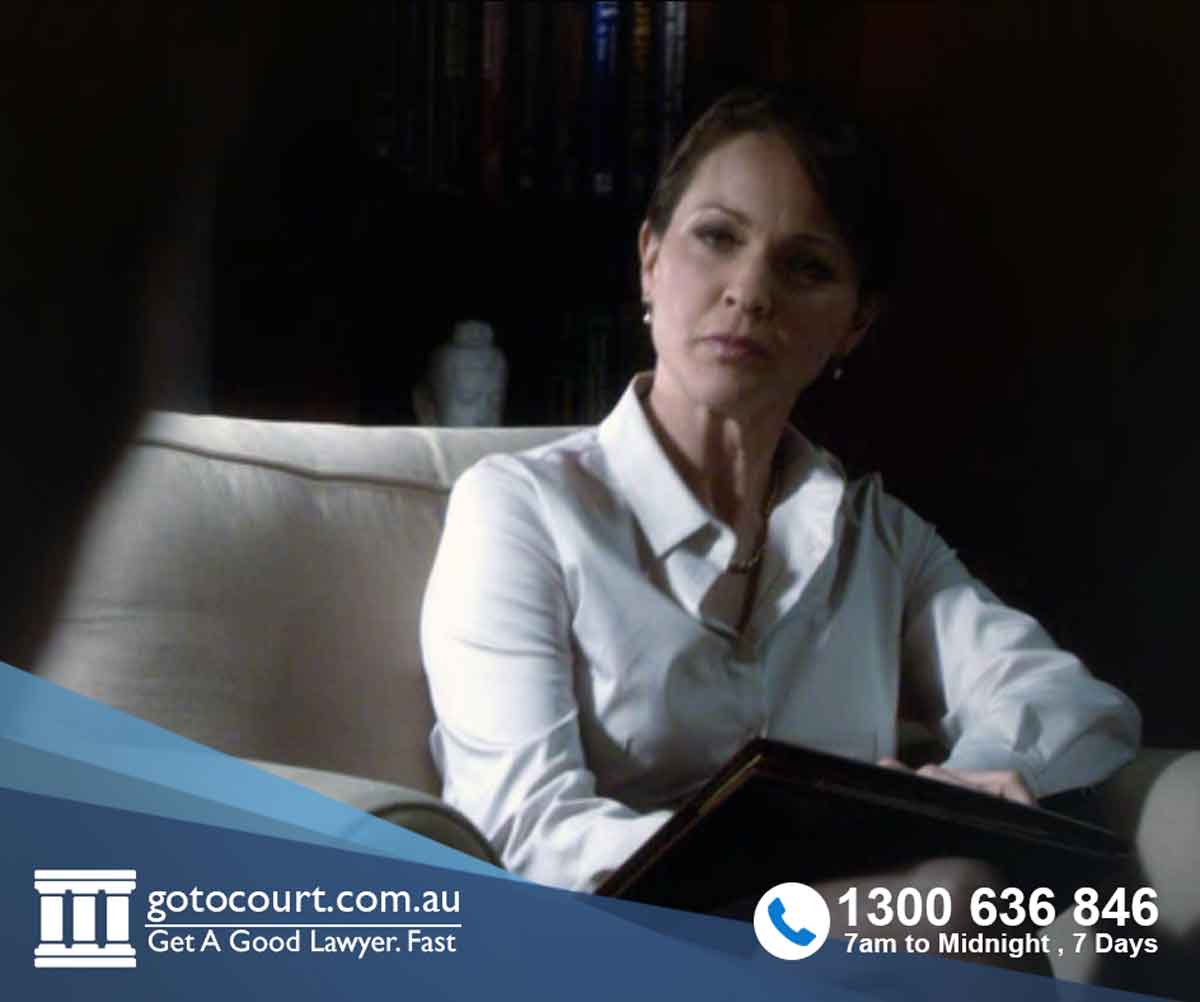The Browne v Dunn Rule
The Browne v Dunn Rule
One of the most important rules of evidence when it comes to cross-examination is known as the Browne v Dunn rule. This rule was established in the 1893 English Court of Appeal decision of Browne v Dunn. The rule applies both in criminal and civil proceedings. Essentially the Browne v Dunn rule is a rule of professional practice premised on fairness.
What is the Browne v Dunn rule?
The rule established by Browne v Dunn is that when a witness is giving evidence and you intend to call evidence that contradicts them, you must put the substance of that contradictory evidence to the witness during cross-examination and give them the opportunity to comment on it.
The rule is based on the principle that it is unfair to deny a witness the opportunity of explaining a point that will later be used to invite criticism or disbelief in their evidence. It is also in the interests of justice to put contrary evidence to a witness in order for any possible explanation of the contradiction to be put before the court.
In Browne v Dunn the Judicial Council of the House of Lords stated:
“… it seems to me to be absolutely essential to the proper conduct of a cause, where it is intended to suggest that a witness is not speaking the truth on a particular point, to direct his attention to the fact by some questions put in cross-examination…
“… if you intend to impeach a witness you are bound, whilst he is still in the box, to give him an opportunity of making any explanation which is open to him.”
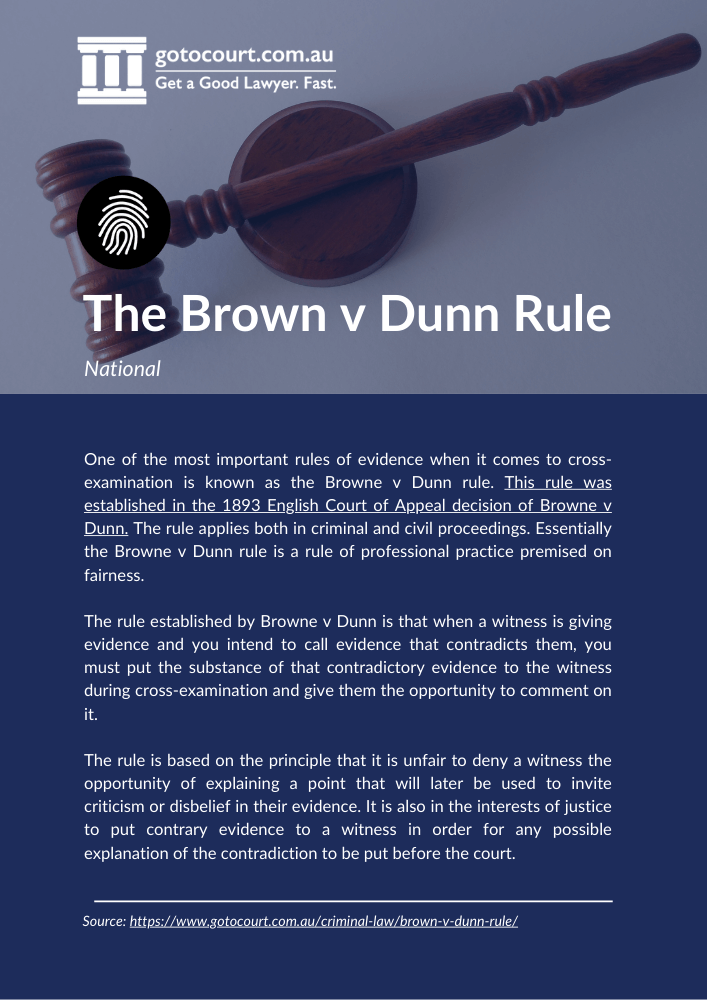
‘Putting’
Compliance with the rule in Browne v Dunn is often referred to as ‘putting.’ There is a duty for parties to ‘put’ to a witness any matter that may be used to suggest their evidence is untruthful, unreliable or which contradicts their testimony.
Putting may be done in a formal manner, with counsel saying to the witness ‘I put it to you that…’ or it may be done in a more natural, conversational style, like ‘Isn’t it true that…’
It does not matter what words are used to put contradictory evidence to a witness so long as they are given the opportunity to comment on it.
Case law has clarified that while witnesses must be presented with any story, theory or claim that contradicts their evidence, they need not be presented with all competing evidence. Questions that are redundant need not be asked.
What if the Browne v Dunn rule is broken?
If a party fails to comply with the rule in Browne v Dunn, the judge has a discretion as to how to remedy the unfairness. Some available remedies are discussed below.
Recall the witness
When it becomes clear that a matter should have been put to a witness who has already finished giving evidence, one solution is to recall the witness. The party which called the witness may either accept or decline the recall of the witness.
Jury direction
Where it is impossible or impractical to recall the witness, the judge can give the jury instructions to take into account the fact that the contradictory evidence was not put to the witness when deciding how much weight to give to that evidence. In matters that are presided over by a judge or magistrate, the decision maker simply takes into account that the contradictory evidence was not put to the witness and accords it less weight than it may otherwise receive.
Excluding evidence
A judge may refuse to admit evidence that is adduced in breach of the rule in Browne v Dunn if the probative value of the evidence is outweighed by the likelihood of unfair prejudice.
A party may also be disallowed to make a suggestion in their closing submissions because of the way the trial was conducted.
Discharging the jury
If there are no steps that can be taken that effectively prevent a miscarriage of justice, the jury may have to be discharged.
It is important to note that where the defence fails to comply with the rule in Browne v Dunn and the defendant is unrepresented, the judge must not comment on the breach without first informing the accused of the rule and its operation.
Browne v Dunn is one of the most important rules to remember when preparing a matter for contested hearing. Failure to follow the rule can result in a person’s defence being compromised. It can also result in long delays in finalising the matter, where a jury has to be discharged and the trial restarted. Having a good lawyer who is well-prepared can help you avoid these issues.
If you require legal advice or representation in a criminal matter or in any other legal matter, please contact Go To Court Lawyers.

Affordable Lawyers
Our Go To Court Lawyers will assist you in all areas of law. We specialise in providing legal advice urgently – at the time when you need it most. If you need a lawyer right now, today, we can help you – no matter where you are in Australia.How It Works




1. You speak directly to a lawyer
When you call the Go To Court Legal Hotline, you will be connected directly to a lawyer, every time.

2. Get your legal situation assessed
We determine the best way forward in your legal matter, free of charge. If you want to go ahead and book a face-to-face appointment, we will connect you with a specialist in your local area.

3. We arrange everything as needed
If you want to go ahead and book a fact-to-face appointment, we will connect you with a specialist in your local area no matter where you are and even at very short notice.

